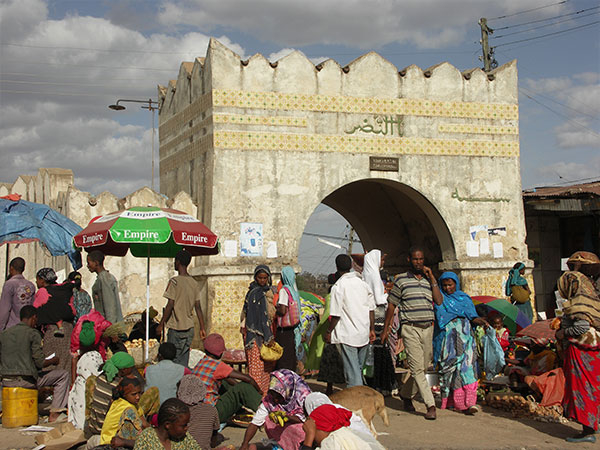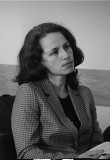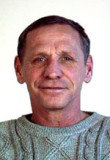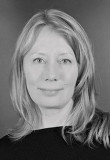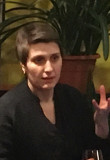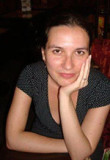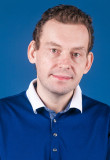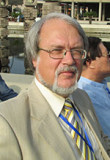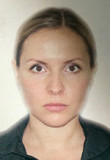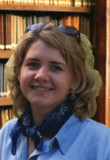Department of Theory of Social Development of Asian and African Countries
The Head of the Department: Samoylov Nikolay A.
Programs:
- Politics and International Relations of Asian and African Countries (MA)
- Economics and International Economic Relations of Asian and African Countries (MA)
- History of Asian and African Countries (MA, PhD)
- Cultures of Asian and African Countries (MA)
- Religions of Asian and African Countries (MA)
- Islamic law (MA)
The Department is responsible for the following courses:
- Russia and the East in XX-XXI centuries.
- Concepts of a modern historical science.
- Political anthropology.
- The countries of Asia and Africa in world politics.
- Geopolitics and geostrategy of Asian and African countries
- Pressing questions of political anthropology of Asian and African countries
- Anthropology of the right
- Integration processes in modern Asia.
- Armed forces of the countries of East Asia and the Near East.
- Foreign policy of the countries of East and Southeast Asia.
- East Asia — Russia — the West: Formation of mutual images and stereotypes.
- A policy of superstates in Africa and in the Near East in second half XX centuries.
- Political parties and party systems in the countries Near and Middle East.
- Classical Islam studies.
- History and the theory of the classical doctrine of the Muslim right.
- An Islam as ideological system.
- The government in the countries of the Near East.
- The countries of Asia and Africa in the world economy.
- System of foreign economic relations of Asian and African countries
- Economic modernization in East Asian countries
- Management in Asian and African countries.
- Economic reforms in the Peoples Republic of China.
(Together with other departments):
- Concepts of modern oriental studies,
- Introduction in oriental and african studies
Formed by Rector’s Decree on 7 April 2006, the Department of Theory of Social Development of Asian and African Countries is one of the youngest at FAAS. The acting head of department is N. A. Samoilov, DrHistSc.
The Department was created to pool the efforts of specialists in different fields in order to provide training in a range of new specializations that require a theoretical conceptualization of social development processes in Asia and Africa. Scholars from various backgrounds work at the Department – specialists in Arab, African, Chinese, and Japanese studies, economics, politics, history, international relations, sociology, and religious studies.
The Department was established in response to present-day challenges facing Oriental studies and the needs associated with new training programs. It is impossible to understand the main developmental processes of Oriental societies without an in-depth study of historical roots of these phenomena, or indeed without a thorough and well-informed analysis of ethnic, religious, and cultural (in the broad sense of the word) traditions, or without a good knowledge of Oriental languages and ethnopsychology of people in Asian and African countries.
The Department’s primary focus is training pursuing a Master’s degree. Programs of study allow them to enhance their knowledge of linguistics and area studies received in the course of the Bachelor degree program with fundamental theoretical knowledge, both that accumulated by traditional Oriental studies as well as contemporary theories of social development of Asian and African countries.
Today, a particular relevance is taken on by the systemic approach to the study of Oriental societies – a comprehensive method incorporating the entire sum of knowledge related to the countries and the peoples who inhabit them. It is based on the conceptualization of ethnic, cultural, religious, social, political and economic features of a specific society. Implementing this approach has become an integral part of the majority of courses read by the teaching staff of the Department.




